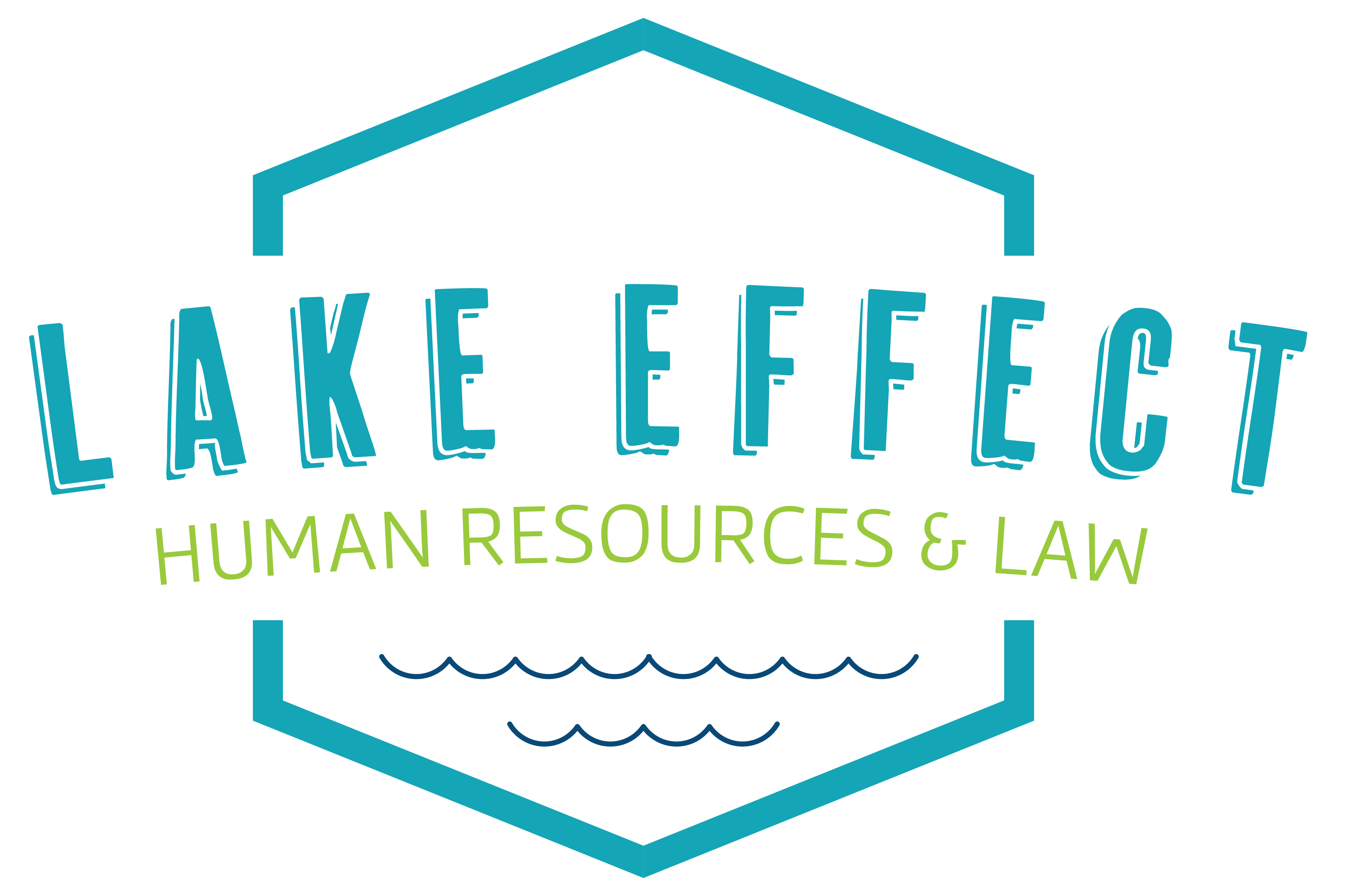In early August, President Trump signed an Executive Memorandum directing the Secretary of the Treasury to defer the payment of payroll taxes from September 1 until December 31, 2020 for employees earning less than $4,000 per pay period (or $104,000 per year). Late in the day on August 28, 2020, the Treasury Department and IRS released guidance on the issue.
Employers may opt to temporarily stop deducting eligible employees’ payroll tax payments, from September 1 until December 31, 2020. The deferred payroll tax payments represent employees’ shares of Social Security taxes, in the amount of 6.2% of wages. Only Congress can change or forgive tax liability. If Congress does not enact legislation to forgive the deferred tax liability, employers would have to make these payroll tax payments or collect them from employees during the period January 1 to April 30, 2021 (“payback period”).
This payroll deferral presents potential challenges for both employees and employers. Unless the employer pays the employees’ portion of the tax payments that are owed, employees would pay the deferred tax payments along with their customary payroll tax payments in the first few months of 2021. This would result in double payment (12.4% of wages) during the payback period. While many employees may welcome the short-term cash gain in 2020, others fear the double financial hit in 2021. Employers share the concern this may be too financially burdensome for employees. Another potential issue for employers would be handling repayment for employees who are no longer employed, whether through termination, layoff, or resignation. Tax deferrals may also decrease Social Security funding. Given the first September payrolls start tomorrow, it is unlikely that any payroll systems are equipped to handle this change.
We encourage employers to tread carefully on this issue. Before implementing the tax deferral, employers should consult with their HR departments to assess employee interest and with their accountants to assess the tax risks. After that, communication with employees is critical to apprise them of any changes and the impact on their pay both now and in 2021.
Lake Effect HR & Law will continue to monitor developments related to COVID-19 relief. Please keep watching for blogs and emails from us for important legal updates and HR best practices. Contact us at info@le-hrlaw.com or 1-844-333-5253.




